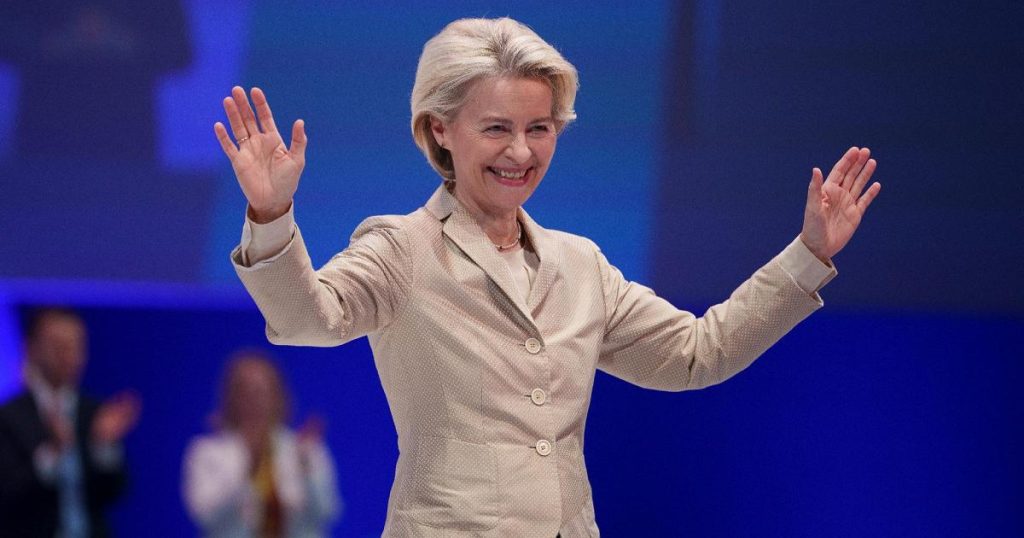Renew, the liberal group in the European Parliament, has lost seven MEPs, including the Czech delegation led by former Prime Minister Andej Babis. This brings their total number of seats down to 74, putting them nine seats behind the conservatives and reformists. Babis’s departure was expected and will allow Renew to welcome another Czech delegation composed of two members from the Stan movement. This loss raises concerns about the numbers of the Ursula majority, which has fallen below 400. With the possibility of potential defections looming, it appears that external support for the PPE-S&D-Renew axis is inevitable for Ursula von der Leyen.
Babis has now joined the group of non-attached MEPs after choosing a populist path that is incompatible with Renew’s values, as stated by Valerie Hayer. Known for his security services and involved in various judicial investigations, Babis could contribute to the formation of a Visegrad-aligned group, which includes the Orbanians, the Slovak party Smer led by Robert Fico, and the Slovenes led by Janez Jansa. The formation of a new group with an emphasis on hyper-populism is only lacking delegations from three countries. The Ursula majority currently stands at 399 seats, just 39 above the minimum threshold, leaving little room for complacency given past instances of defections.
In order to secure support, Ursula von der Leyen would benefit from aligning with the Greens, who hold 51 seats, or with a portion of the ECR group, starting with the Melonians. While having both groups on board would be advantageous in terms of numbers, there are political considerations at play. The Greens are seeking legitimacy within the coalition, and some members of the PPE remain wary of them, including Manfred Weber. Questions have been raised about the Greens’ stance on issues such as the agreement with Tunisia on migrants or the Mercosur agreement. Some in the delegations warn that any alignment with the Greens could potentially cost votes rather than gain them.
On the other hand, there is a possibility of reaching out to Giorgia Meloni and her party. The negotiation process is delicate, with strategic posturing masking the true intentions of the players at the table. For Ursula von der Leyen, a yes vote from Fdi in the plenary would be sufficient, and the weight of Italy in this decision could result in a significant commissioner role being granted to Rome. However, Meloni’s position on this matter remains uncertain, as her party, Eco, is divided on supporting Ursula for a second term. In the upcoming days, Spitzenkandidat for the PPE will engage in discussions with individual delegations to manage the less noble part of the negotiations – the distribution of roles – before the summit of the 27 leaders on Thursday and Friday.
Among the leaders present at the negotiation table alongside Ursula von der Leyen, Antonio Costa, and Kaja Kallas, the stability of Antonio Costa is questioned. The dispute over the presidency of the European Council has escalated, with the PPE demanding a mid-term change and infuriating the socialists. Olaf Scholz and Emmanuel Macron are also active players in this political chess game. Rumors suggest that Enrico Letta’s name may enter the conversation, despite his decision not to run for the prestigious position of Sciences Po. Placing Letta’s name on the table could potentially challenge Meloni’s position and strengthen the role of the Pd, the leading delegation within the socialists, strategically choosing to leave the presidency of the Eurochamber to the Spanish members of the Psoe.


